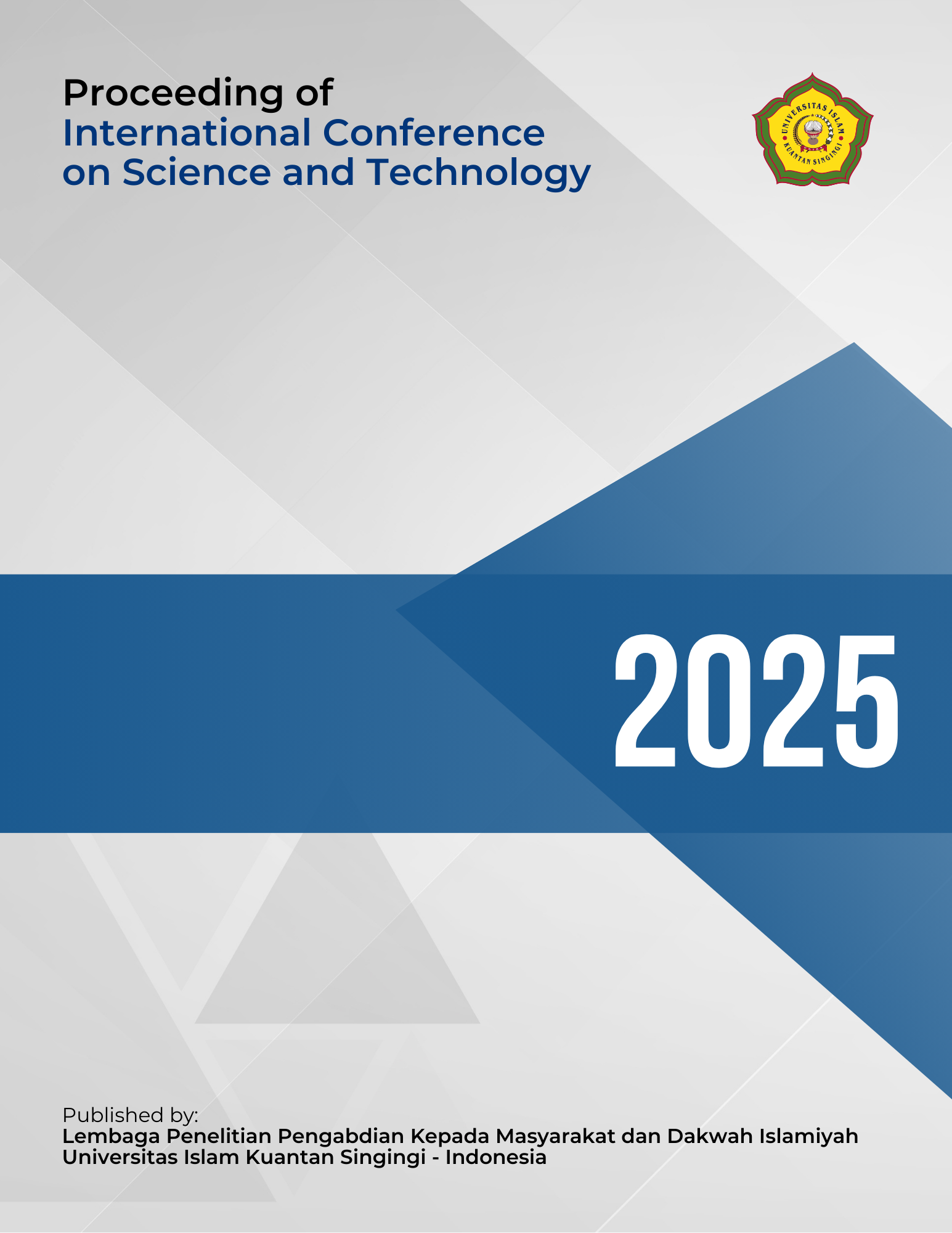Community Perspectives on Formation of Framework to Empower Mosque and Waqf land in Revitalizing Local Town
Abstract
This study explores the level of community awareness and perspectives on empowering mosque and waqf land for local town development, aligned with the Madani City Concept, which aims to revitalize towns through mosque and waqf land empowerment. The objectives are threefold: to identify factors to empower mosque and waqf land, analyze its potential in driving local economic growth, and develop a strategic framework in revitalizing local town. A total of 118 respondents were involved in a structured questionnaire survey designed to gauge public views on the significance, potential, and socio-economic implications of mosque and waqf land development. Using a quantitative approach, data analysis was conducted through descriptive statistics using Statistical Package for the Social Sciences (SPSS) and cross-tabulation to uncover patterns and correlations between demographic variables and awareness levels. The findings demonstrate widespread acknowledgment of the importance of mosque and waqf land in economic and social development. However, awareness levels vary across age and income groups. Crosstab analysis indicates that younger individuals (aged 18–29) show lower awareness compared to older groups, who demonstrate higher understanding and stronger support for development initiatives. Likewise, individuals with middle to high income exhibit greater awareness compared to those in lower income. Education level also played a critical role, as respondents with tertiary education were more likely to acknowledge the broader functions of waqf assets beyond religious purposes. These insights underscore the importance of targeted community engagement and educational initiatives to promote waqf development, especially among younger, lower-income, and less-educated groups. The findings offer valuable input for policymakers and stakeholders implementing inclusive urban development strategies rooted in community values and Islamic principles.
Downloads
References
[2] Radwan, A. H. (2021). The Mosque as a Public Space in the Islamic City – An Analytical Study of Architectural & Urban Design of Contemporary Examples 10.21608/mjaf.2020.35199.1712
[3] Planning, U., Syafinaz, N., Safar, M., Yahya, S. A., Usman, I. M. S., & Ismail, A. H. (2017). IBN KHALDUN’S THEORY, PRINCIPLES AND CONCEPTS ON. Journal Design + Built Ibn Khaldun’s Theory, Principles and Concepts on Urban Planning, 1.
Copyright (c) 2025 Azra Rahmat, Salbiah Mokhtar , Kamariah Abdullah, Norainah Abdul Rahman , Arina Rahmat, Siti Mazwin Kamaruddin, Meri Yuliani, Agus Candra

This work is licensed under a Creative Commons Attribution 4.0 International License.


